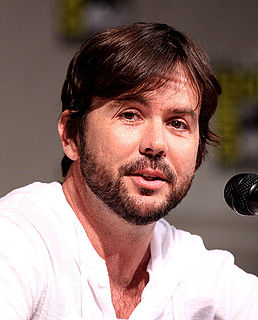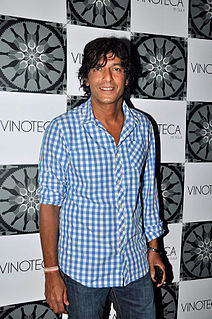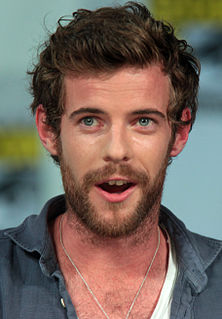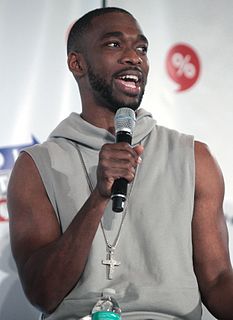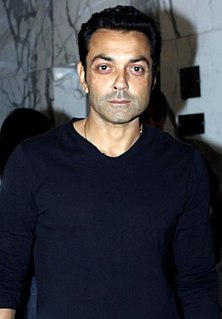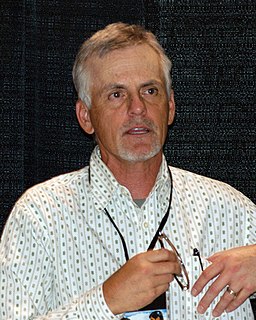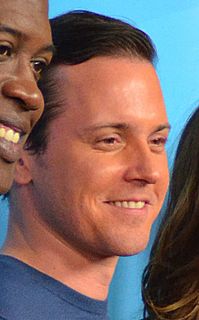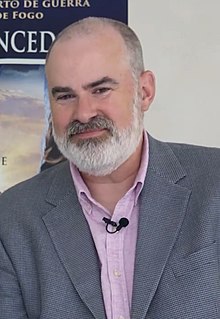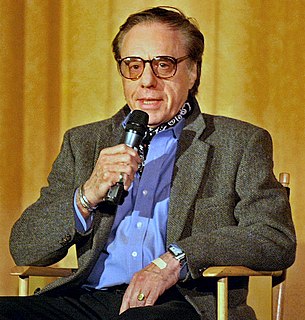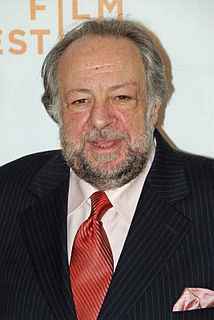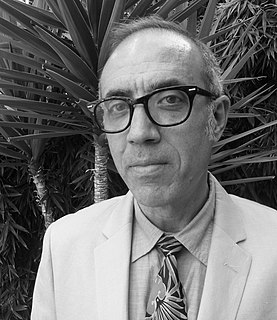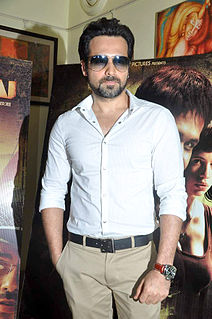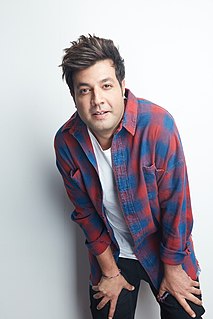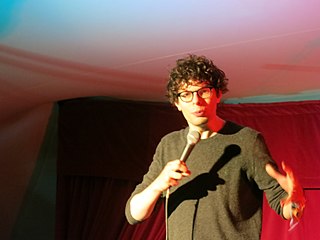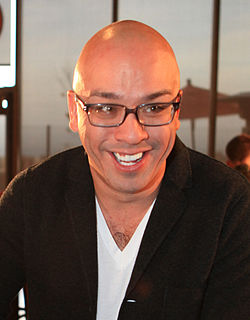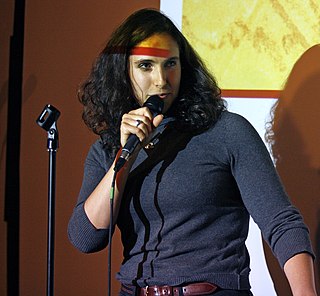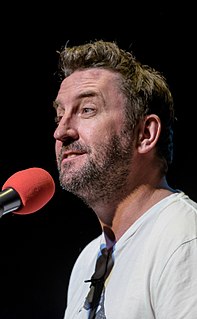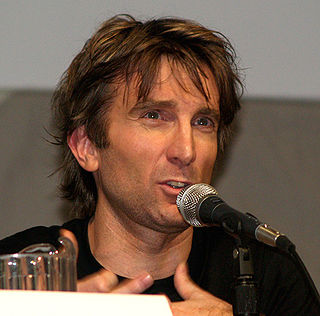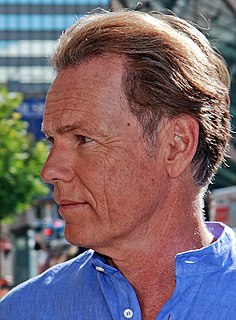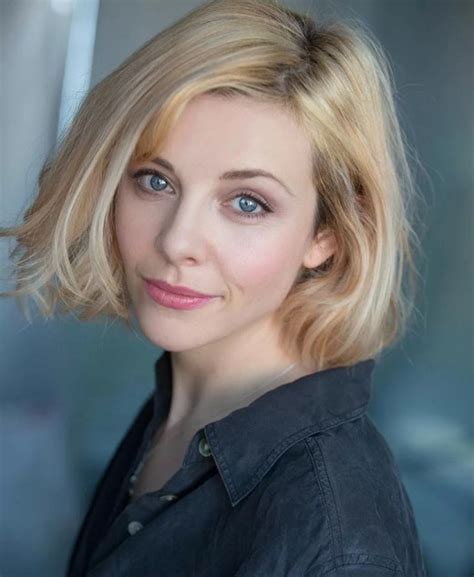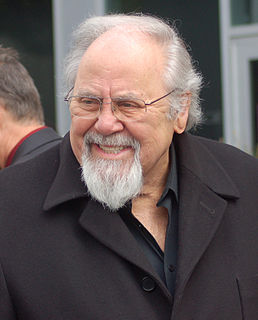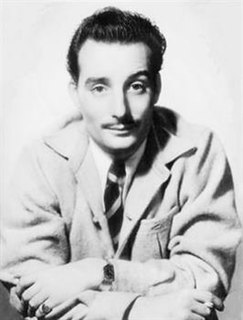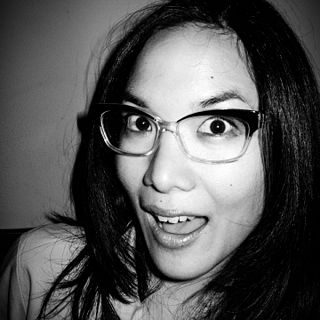Top 1200 Improv Comedy Quotes & Sayings - Page 3
Explore popular Improv Comedy quotes.
Last updated on April 20, 2025.
Learn as much as you can about performing. Live theater, improv classes, music, stand up comedy, dance, anything to make yourself confident and comfortable in front of an audience. It'll all come in handy when auditioning for producers and performing with other actors. The best voice actors all have a live performance background. And are competent, fearless, incredibly creative actors.
I was voted Most Humorous in my senior class in high school, and I was a fan of comedy, my whole life. I never got into the horror genre, and action was fine, but I just loved comedy. Any comedy I could get my hands on, I would. I watched Saturday Night Live religiously. I've just been a fan of comedy, my whole life.
I think that there's a fine line between comedy and drama. I think that ultimately, the less winking that's going on when you're doing comedy - and this is just my own thing, and maybe it's why I've never been hired in comedy except by Bill Lawrence - but I think that the less winking you do with comedy, the better off you are.
If you're gonna tell a story from beginning to end, I always think you have to have a great structure in a script. If it gets you excited and it's something you've never read before that's another plus. I think also with improv and that whole world of stand-up, that's a whole other organism of comedy that still needs a story, but it's more free-form. On the set, it is the combination of both those worlds coming together: a great script and an allowance to play with it.
I love performing. I love doing improv. It's a totally terrifying experience, but it's something that I've always felt so strongly about and that I'm kind of obsessed with. And just as an actor, it's a great exercise. It's a great playground, you know, to try things out and to work on your skills. Because the mandate of improv is kind of the same as acting: It's all about your scene partner, it's all about being present and in the moment and exploring together as a team, a collaboration.
I have friends who will say, "Oh you gotta come and see our show." And the first thing I say is, "Is it sketch or improv?" I'll go in a minute to see a sketch show. I love sketch; it's my favorite form. But if it's all improv, they're either very good and it's annoying how good they are and it makes you feel bad, or they're not too good then you're sweating for them. And you don't want to sweat for them, see actors repeating each other's lines.
Well, I came down to LA initially to join The Groundlings, which is an improv comedy group. I didn't get in, of course, becaue I'm not a part of The Groundlings. I just assumed that I could walk in and take over. So they said: "Hit the road Jack." And I ended up getting an agent instead. They sent me out on a couple of leads and I ended up on a sitcom and Van Wilder thereafter and then pantsless with Sandra Bullock.
Comedy is lively, comedy is joy, and that's what keeps us [people] going, we've got to look forward to little, little happiness's. Little, little joys, and comedy is very, very important, it's a vital. We underestimate its value, but we should see more comedies. Comedy is life giving, it's invigorating. I really believe it.
It's very hard to find a good comedy. I prefer doing comedy far over anything else because I think they're actually more profound. But finding a good one and a great ensemble is very difficult to do and I'm delighted that in these particular times there is so much interest in comedy and that comedy is having so much success.
I was confident and in good shape when I first came to L.A. but nobody would cast me in any well written roles. People assumed based on my looks I was an asshole and a one trick pony. They never let me improv or do comedy. It wasn't until I built a shlubby exterior, which stood in stark contrast to my inner confidence that people gave me room to play.
We improv-ed scenes that didn't happen in the movie. We improv-ed the scenes that are written in the movie without the dialogue as written. We played around a lot to try and figure out just how we could flow with what was already written in the story and how we could highlight those imbalances and those points at which we came to loggerheads.

